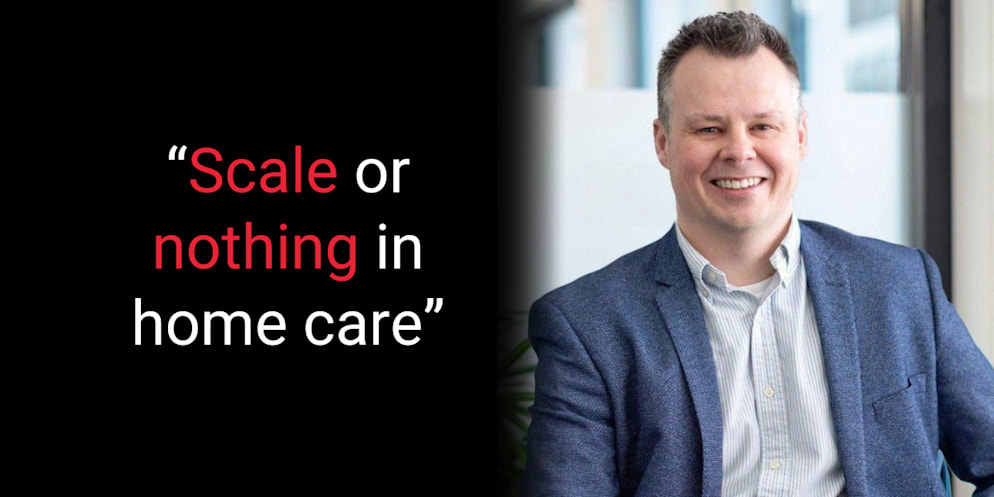The consolidation of home care providers is accelerating as the new Support at Home program looms just weeks away.
Regional operators Kirinari and LiveBetter are the latest to merge, creating what is now Australia’s largest regional human services provider, with more than 15,000 customers across New South Wales, Queensland, South Australia, Tasmania and Victoria.
Kirinari, which in January received more than $15 million under the Australian Government’s $100 million Commonwealth Home Support Program (CHSP) Growth Funding 2024-25 grants, will take the lead role. LiveBetter CEO Natalie Forsyth-Stock stepped aside on 16 September, with Kirinari CEO Diane Lynch moving into the top job. The LiveBetter board will be dissolved.
Both brands – and their combined workforce of more than 2,700 staff – will continue to operate under their existing names for now, with a decision on a single identity to come later.
“The current funding environment for community services demands the scale that this amalgamation delivers,” Natalie said.
Founded in the 1980s, both organisations bring significant regional reach. Kirinari employs nearly 1,400 staff across five states, while LiveBetter has around 1,300 employees operating in more than 50 locations. Together, the merged entity provides not only home care, but also disability support, allied health, and community nursing and transport.

The deal reflects a broader sector trend. As Pride Aged Living principal Stephen Rooke told SATURDAY in August: “We’ve been asked to find acquisitions for clients, and everyone’s happy to buy – but very few want to sell. The only ones selling are those in real trouble.”
Recent transactions underline the momentum: Illawarra’s Community Gateway merged with Sydney-based Clever Care, while Australian Unity paid $70 million for national mobile allied health provider Plena Healthcare.
With StewartBrown’s latest survey showing providers will need to lift prices to preserve margins, more consolidation is expected as operators seek the scale to survive under Support at Home.
